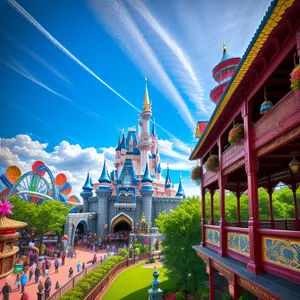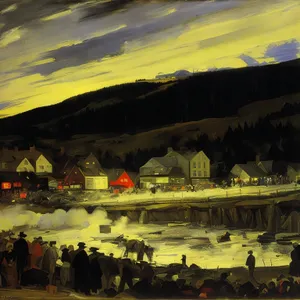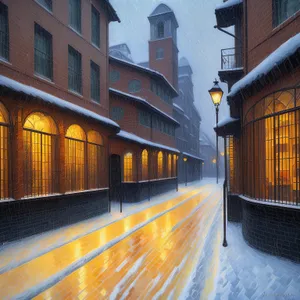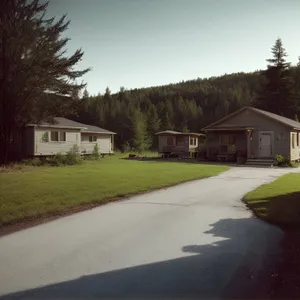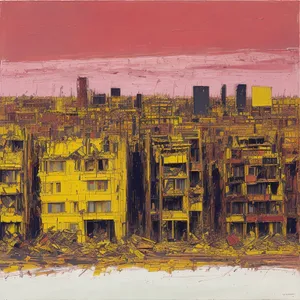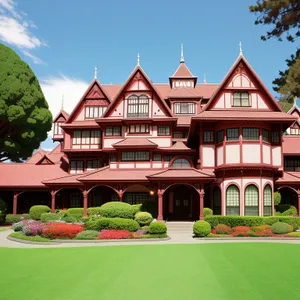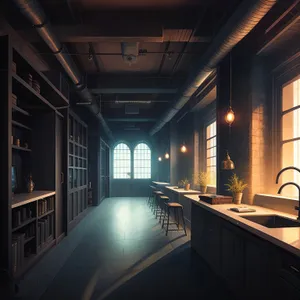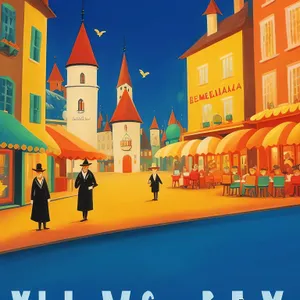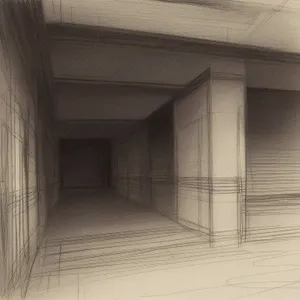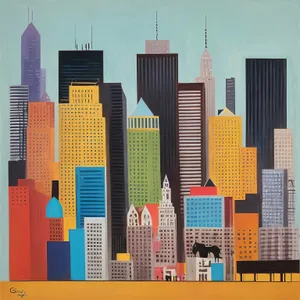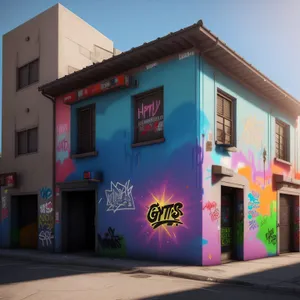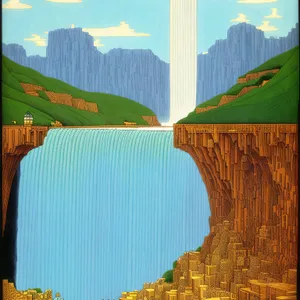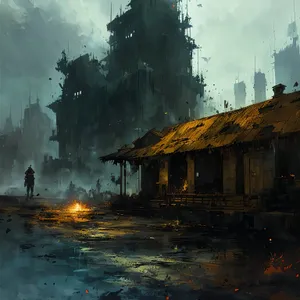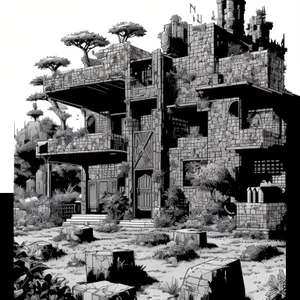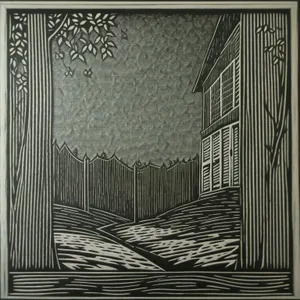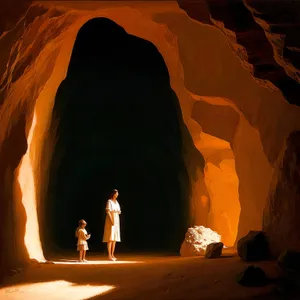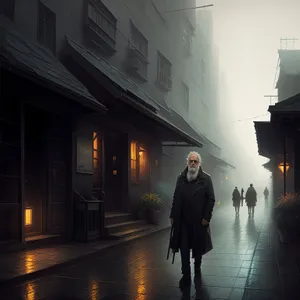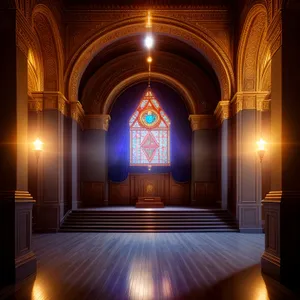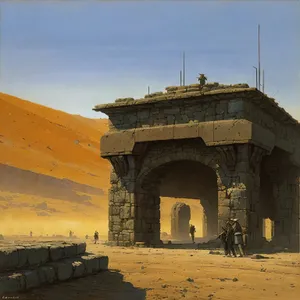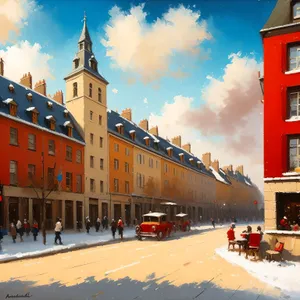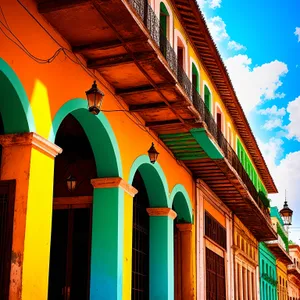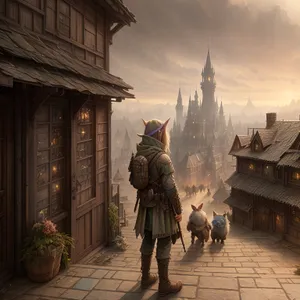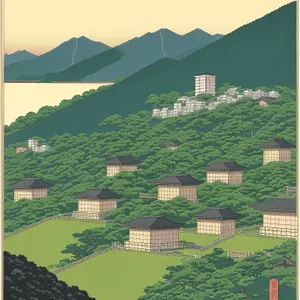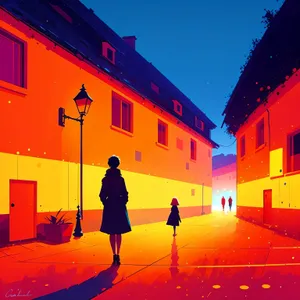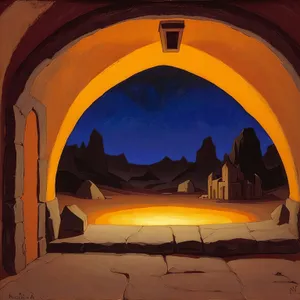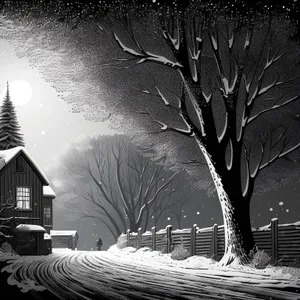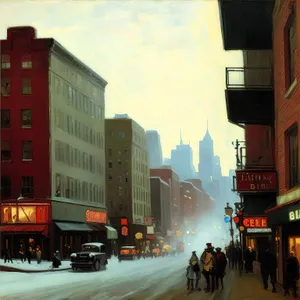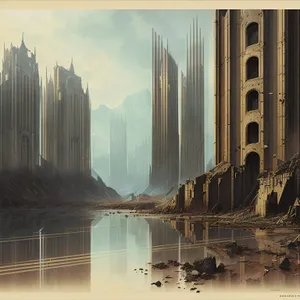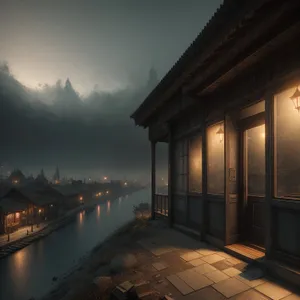Architecture Pictures, Images and Stock photos
Architecture stock photos is a multifaceted discipline that blends art and science to create establishments that serve both applicable and aesthetic purposes. From humble homes to grand palaces, the realm of building design encompasses a diverse range of designs and styles that reflect the cultural, historical, and technological contexts of their time. In this article, we will delve into the fascinating world of building design, exploring the evolution of building design and the intricate balance between form and function.
The Evolution of Architecture:
The history of Architecture stock images is a tapestry woven with the threads of innovation, cultural influences, and changing societal needs. From primitive shelters to the towering skyscrapers of today, the evolution of building design has been a dynamic journey.
Early dwellings were simple and utilitarian, constructed with locally available elements. As civilizations advanced, architectural styles became more sophisticated. The ancient Greeks, for example, introduced the concept of classical building design, characterized by columns, symmetry, and harmony. The Romans further refined these ideas, creating monumental establishments such as the Colosseum and the Pantheon.
The Middle Ages witnessed the rise of Gothic building design with its pointed arches, ribbed vaults, and flying buttresses, seen in majestic cathedrals like Notre-Dame in Paris. The Renaissance brought a revival of classical principles, inspiring the building of elegant palaces and villas across Europe.
The Industrial Revolution marked a turning point, introducing new elements and building techniques. The advent of iron and steel allowed for the development of skyscrapers, forever changing the urban landscape. Architects like Frank Lloyd Wright embraced the principles of organic building design, integrating establishments with the natural circumstances.
Modern Architecture Pictures:
The 20th century saw the emergence of various architectural movements, each responding to the cultural and technological challenges of its time. Modernism, with its emphasis on simplicity and functionality, rejected ornate ornamentation in favor of clean lines and geometric forms. Bauhaus, a German arrangement school, played a pivotal role in shaping the modernist movement.
Postmodernism, which followed, sought to break away from the rigid constraints of modernism. Architects like Robert Venturi embraced eclecticism, combining elements from different styles to create visually dynamic and expressive establishments. The Guggenheim Museum in Bilbao, planned by Frank Gehry, is a prime example of postmodern building arrangement, featuring a deconstructivist aesthetic.
Contemporary Trends:
In the 21st century, Archetecture pictures continues to evolve in response to technological advancements, circumstancesal concerns, and changing lifestyles. Sustainable design has become a central focus, with Architecture picture integrating eco-friendly features into their projects. Green roofs, energy-efficient systems, and the use of recycled elements exemplify the commitment to circumstancesal responsibility.
Smart homes, equipped with cutting-edgeadvancement, are another contemporary trend. From automated lighting and climate control to integrated security systems, modern homes are increasingly planned to enhance comfort and efficiency through the incorporation of smart technologies.
Residences:
Domestic building design is a microcosm of the broader field, reflecting the personal tastes and lifestyle preferences of individuals. Homes come in various shapes and sizes, ranging from cozy cottages to sprawling mansions. The arrangement of a residence is not merely about creating shelter; it is about crafting a space that fosters well-being and reflects the identity of its inhabitants.
Contemporary home arrangement often blurs the lines between indoor and outdoor spaces. Open floor plans, expansive windows, and outdoor living areas contribute to a sense of connectivity with nature. Architects prioritize natural light and ventilation, creating homes that are not only aesthetically pleasing but also energy-efficient.
Villas and Palaces:
Villas and palaces represent the epitome of architectural grandeur, serving as symbols of power, wealth, and cultural refinement. While the scale may differ, both types of establishments share a commitment to luxury and opulence.
Villas, often associated with vacation retreats or upscale residences, embody a sense of exclusivity. With spacious interiors, private gardens, and panoramic views, villas are planned to provide a luxurious and comfortable living experience. Architects blend modern amenities with timeless aesthetics, creating villas that are both applicable and aesthetically pleasing.
Palaces, on the other hand, have a rich historical context. Traditionally associated with monarchs and rulers, palaces are architectural marvels that showcase the wealth and power of a civilization. The Palace of Versailles in France and the Forbidden City in Beijing are iconic examples of palace building design, characterized by grandiose arrangements, vast courtyards, and intricate detailing.
Conclusion:
Architecture, in all its forms, plays a crucial role in shaping the world we inhabit. From the most modest homes to the grandest palaces, each structure tells a unique story, reflecting the aspirations and values of its creators. Asadvancement continues to advance and societal needs evolve, the field of building design will undoubtedly undergo further transformations. However, the fundamental principles of marrying form and function, aesthetics and utility, will continue to guide architects as they design the spaces we live, work, and dream in.
What are architecture images and pictures?
Architecture images and pictures refer to visual representations of architectural establishments, arrangements, and spaces. These images capture the physical appearance, aesthetic elements, and spatial qualities of buildings, homes, palaces, and other architectural forms. They serve as a visual medium to communicate the creativity, style, and functionality of architectural works.
What makes architecture images engaging?
Engaging building design images often possess several key elements:
Composition: Well-framed shots that highlight the architectural features.
Lighting: Proper lighting enhances the visibility and mood of the building design.
Perspective: Interesting angles and viewpoints offer unique insights.
Detail: Close-ups showcasing intricate details can be visually captivating.
Context: Images that convey the surrounding circumstances or cultural context add depth.
What are software architecture images?
Software building design images, in the context of computer science and informationadvancement, depict the structure and method of software systems. These images may include diagrams, flowcharts, and visual representations of the software's components, modules, and interactions. They help communicate the building design of complex software systems to developers, stakeholders, and team members.
How to find high quality images with architects?
Finding high-quality images featuring architects can be achieved through various methods:
Online Stock Photo Websites: Platforms like Shutterstock, Adobe Stock, or Unsplash offer a wide range of high-quality images.
Architectural Magazines and Websites: Explore publications and websites focused on building design to find professional images.
Social Media: Architectural firms and photographers often share their work on platforms like Instagram and Pinterest.
Collaboration: Reach out to architects, photographers, or method professionals for permission to use their images.
What are images related to architecture?
Images related to building design cover a broad spectrum, including but not limited to:
Domestic Construction: Homes, cottages, and villas.
Commercial Construction: Office buildings, shopping malls, and hotels.
Historical Construction: Landmarks, monuments, and heritage sites.
Modern Construction: Skyscrapers, contemporary arrangements, and innovative establishments.
Interior Construction: Capturing the inside of buildings, emphasizing method elements.


